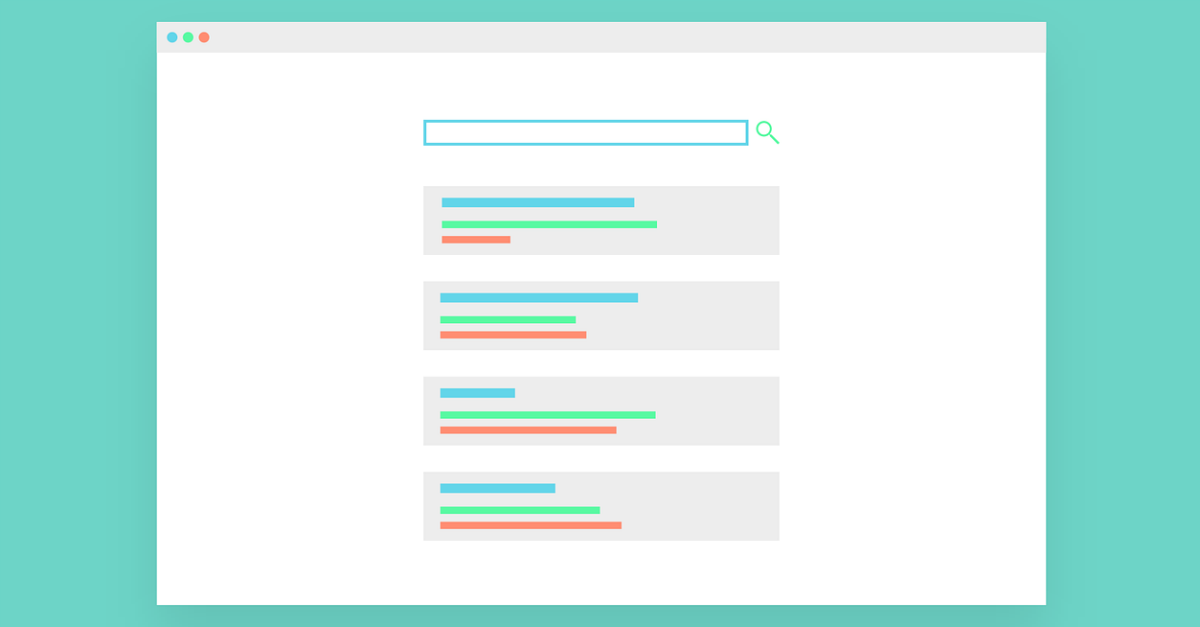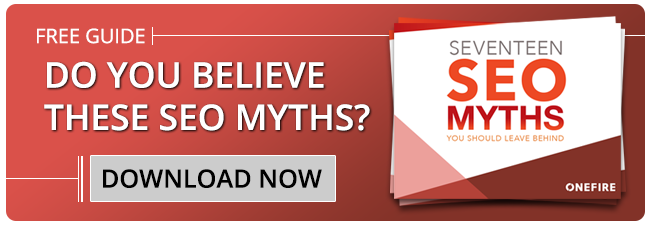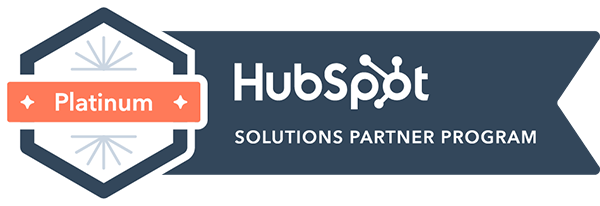 The most difficult questions are those where the answer is constantly changing.
The most difficult questions are those where the answer is constantly changing.
For example: What's the best SEO strategy?
The answer seems to shift rapidly. For years, it was about outsmarting Google's algorithm. Experts would try to ascertain what Google was up to and then try to exploit the algorithm of the moment for a higher ranking. Over time, those tricks, schemes, and workarounds have proven ineffective. Even when they "worked," the result was bad content and a worse user experience. Google recognizes when websites are acting in bad faith and knock them down in the rankings accordingly. Even when there's a tactic that appears effective, rest assured that Google is hard at work shutting it down.
So, what is the correct answer to the question above? As Google continues to strive to deliver the best and most relevant results to queries, it has developed an AI component called 'RankBrain.' RankBrain is just one example of a growing trend: search engines use AI to understand intent. For your business, that makes the answer to SEO strategy clear: create quality, helpful content that answers questions your ideal customers are asking. There's no point in trying to game the system when the system is as advanced as Google's (and continuing to improve daily). Instead, align your website and content with the goal of search: being helpful. It's a long-term strategy that will result in better content, a better website, and better leads. Now that search engines can determine intent, it's also the best way to approach SEO.
How do search engines determine intent? Google, for example, uses RankBrain to gather context clues that help it understand what the searcher is looking for. This can include things like past searches, location, personal information, and timing. For example, if you searched 'basketball scores' in March, you're likely to find scores from the NCAA tournament first. Google can infer based on context that you're most likely interested in that and not, say, scores from Lithuania's 1992 run in the summer Olympics. If you're looking for a restaurant and type in, 'pizza place,' Google is most likely going to give you local options, based on where you're searching from. RankBrain learns from searches performed around the world and becomes steadily better at reading intent all the time.
For your business, it's important to understand this new shift in SEO. Instead of creating content that targets a single keyword, create content that's genuinely helpful. There are multiple tools - like HubSpot - that can help you build out a content strategy and visualize the infrastructure you'll need to establish relevance and authority on search engines. Keep the goal in mind: help people. When you create helpful content, you're more likely to be the best answer when Google goes crawling for results. If you need help building a strategy that follows the Pillar Page model, reach out to a team that can help you put it into action.




